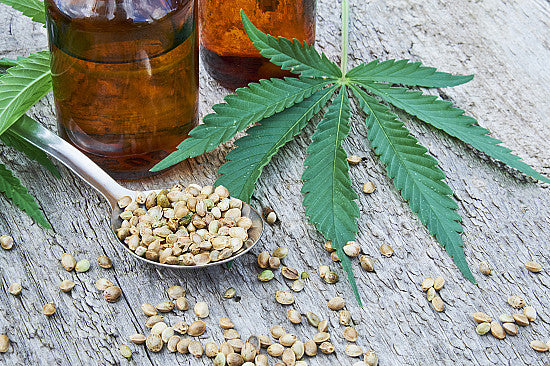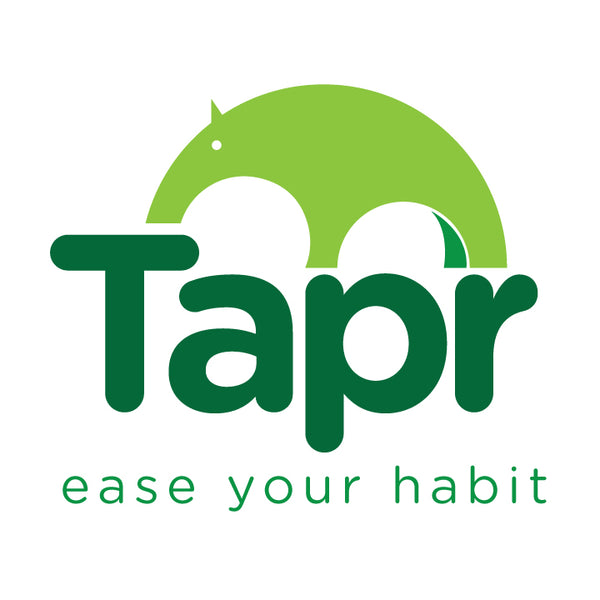Understanding the Role of CBD in Cannabis Withdrawal
Share

As the landscape of cannabis continues to evolve with more widespread legalization and usage, so too does the interest in cannabidiol (CBD) as a potential aid in managing withdrawal symptoms associated with reducing or quitting marijuana. Despite its growing popularity, there are still many misconceptions surrounding CBD’s effectiveness and safety.
What is CBD?
Cannabidiol (CBD) is one of over a hundred compounds found in the cannabis plant, known as cannabinoids. Unlike its more famous counterpart, THC (tetrahydrocannabinol), CBD does not produce psychoactive effects, meaning it doesn’t cause a high. Its properties can include anti-inflammatory, anti-anxiety, and anti-seizure effects, among others, making it a topic of interest for medical research and treatment.
CBD for Cannabis Withdrawal: The Myths
-
Myth: CBD can make cannabis withdrawal symptoms worse.
- Fact: There is no evidence suggesting that CBD exacerbates withdrawal symptoms. On the contrary, preliminary studies and anecdotal evidence suggest it may help alleviate symptoms such as anxiety and restlessness.
-
Myth: Using CBD is essentially replacing one addiction with another.
- Fact: CBD is not known to be addictive. It lacks the psychoactive properties of THC that lead to the ‘high’ associated with addiction risk.
CBD for Cannabis Withdrawal: The Facts
- Anxiety Reduction: CBD has been shown to have anxiolytic effects, helping to reduce anxiety that can be a significant part of cannabis withdrawal.
- Sleep Aid: CBD may improve sleep quality and duration, addressing insomnia symptoms often reported during cannabis withdrawal.
- Mood Stabilization: Through its interaction with serotonin receptors, CBD can potentially stabilize mood swings that occur during the withdrawal process.
How to Use CBD for Cannabis Withdrawal
- Choose the Right Product: Opt for high-quality, third-party tested CBD products from reputable suppliers to ensure purity and potency.
- Determine the Correct Dosage: Starting with a low dose and gradually increasing it can help you find the optimal dosage that works for your body without causing side effects.
- Consult Healthcare Providers: Before starting any new supplement, especially when dealing with withdrawal symptoms, consult with a healthcare provider familiar with CBD.
Potential Risks and Considerations
While CBD is generally well-tolerated and considered safe, it can interact with other medications and may cause side effects such as fatigue, diarrhea, and changes in appetite or weight. The legal status of CBD varies by location, and it’s important to understand the regulations in your area.
CBD presents a promising option for those seeking natural relief from cannabis withdrawal symptoms. By understanding the myths and facts, individuals can make informed decisions about incorporating CBD into their recovery process. As with any treatment, personal experiences can vary, and what works for one person may not work for another. Therefore, ongoing research and personal consultation with healthcare professionals are crucial to safely and effectively using CBD for cannabis withdrawal.
